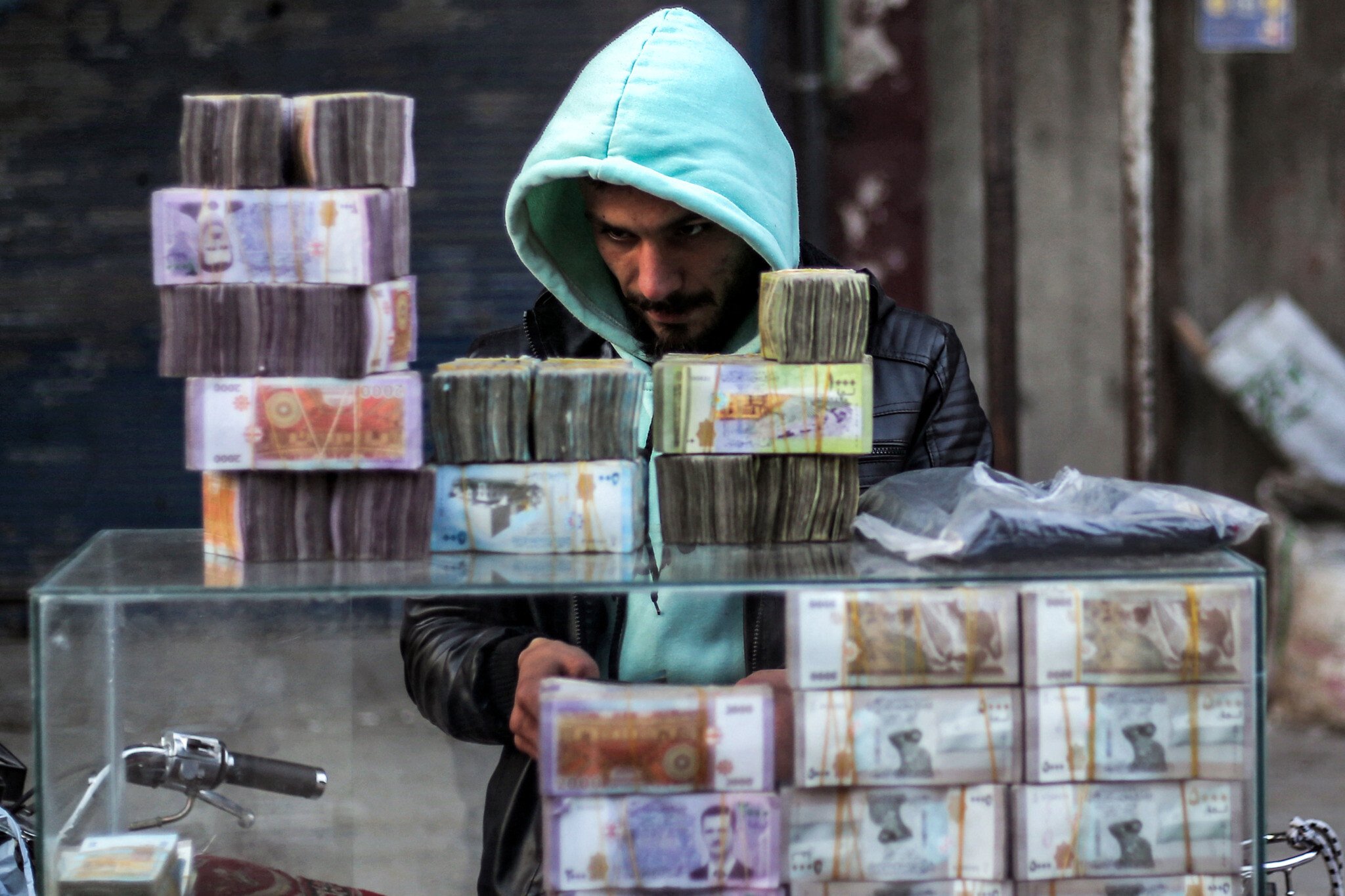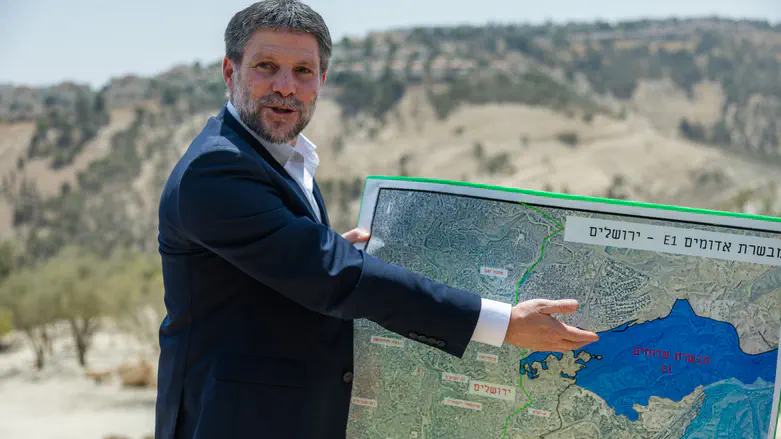The oldest surviving Muslim place of worship in the United States, the Mother Mosque in Cedar Rapids, Iowa, stands as a symbol of faith and community in the heartland. Descendants of Lebanese immigrants, along with newcomers from countries like Afghanistan and East Africa, gather to pray and preserve their heritage while integrating into American society. The mosque and its successor, the Islamic Center of Cedar Rapids, have helped foster acceptance and coexistence among diverse groups, even as national tensions around immigration and Islam persist.
Generations of Muslim Iowans recall stories of mutual respect and adaptation, from interfaith friendships to shared community meals. Despite facing discrimination, many have found ways to blend their traditions with Midwestern values. The region's Muslim population has grown significantly since changes to immigration laws in the 1960s, and daily interactions with neighbors have helped counter stereotypes and prejudice.
New arrivals, such as Afghan refugees, continue to navigate cultural differences while embracing opportunities and freedoms unavailable in their homelands. For many, the journey of becoming American is intertwined with maintaining their faith and supporting one another. Community leaders and longtime residents alike see their experiences as part of the broader American story, reflecting both the challenges and possibilities of life in the nation's heartland.

 image sourced from original article at
image sourced from original article at 


